When you are getting a commercial roof installed, it is crucial for you to monitor the entire construction carefully. Since this is not always possible, it is important that you hire a reliable and well-established company like RO Roofing to handle the job. If the installation is handled by a sub-standard contractor and it is not done right the first time around, it can cause a lot of hassles for you in the long-term. Dealing with constant roofing repairs and replacement can be a headache and a very expensive proposition too.
The Importance of Inspection
It is also very important that your entire roofing be inspected or least twice a year. This helps in identifying any problem areas and they can be fixed before the issue escalates. The frequency of the inspection will also depend on the location of the structure. For instance if it is located very close to the sea or if there have been violent storms in the area, you should get the roof inspected more regularly.
The Importance of Certification
In most instances you will find that the common issues found during roof inspections are poor designing, sub-standard or faulty material weathered surfaces, trapped moisture, lack of maintenance, foot-traffic on the roof and in a number of cases- poor workmanship. The latter is one of the primary reasons why you might face constant problems with your commercial roof.
You should not face any problems with roofs if the work has been handled by a certified installer. Unfortunately, a number of installers do not have the required qualifications & experience to ensure that the quality of the installation is maintained and that the roof is as strong and durable as it should be.
Spotting Poor Workmanship
Take a look at how you can spot poor workmanship in a commercial roof:
- Not cleaning, drying and priming the complete area before the adhesives are applied. This will lead to roof leakage and early aging of the installation
- Even when metal shingles are being installed every bolt and shingle will have to and pushed-in properly. In some cases, the nails may be positioned either too low/high on the shingles or the bolt might have been driven into the shingles too hard. These may seem like small errors but in the long term, they make the shingles unstable
- If you have metal roofing with raised joints, the installer has to ensure that the grooves match perfectly. Failing to do so, can result in leakage which will weaken the structure and damage other elements too
- The appropriate underlayment will have to be installed under the roofing. This includes water & ice underlayment/waterproofing underlayment. In some types of roof installations there may be felt underlayment. This is also called black tar paper
- The water and ice underlayment has to be installed in all the critical areas, where there are greater chances of water entering the structure. This includes the roof edges & around eaves, the troughs, on valleys, underneath the flashings, and around vents, skylights and chimneys. If the installer slips-up on this installation, there will be leakage regardless of how good the actual roofing material is
- Ideally a new roof should never be installed over existing shingles. It is crucial to know what the state of the entire roof structure is and this includes the underlayment and the roof decking. It is not possible to inspect the decking or verify the condition of the underlayment, without removing the shingles. So be wary if a contractor tells you that they will just add roofing on top of the existing shingles
- A contractor who does not ensure that the plywood deck has been fastened securely to all the rafter-framing or whether the flashings have been properly finished, is doing a poor job. Water can get into the tiniest holes and it is important to pay attention to even the smallest details
The one way to avoid all these problems is to hire the services of a company that is certified by the manufacturer. That is the only way your roof will be covered by that manufacturer’s warranty. For the best and warranty-covered commercial metal roofing installation, contact RO Roofing on (02) 9660 5937
Thanks so much for reading,
R.O. Steel Roofing
(02) 9660 5937
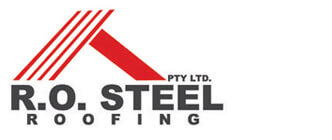
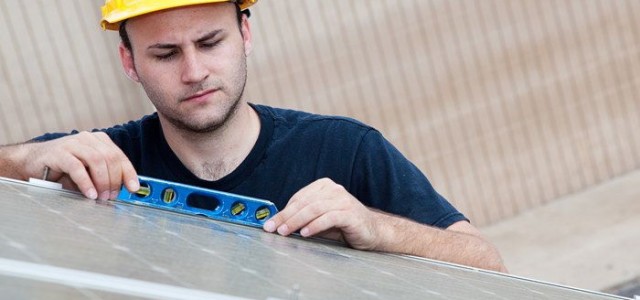
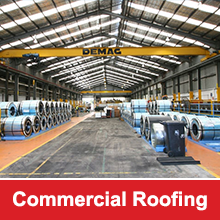
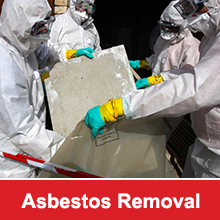

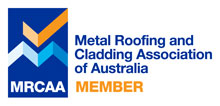
Comments are closed.